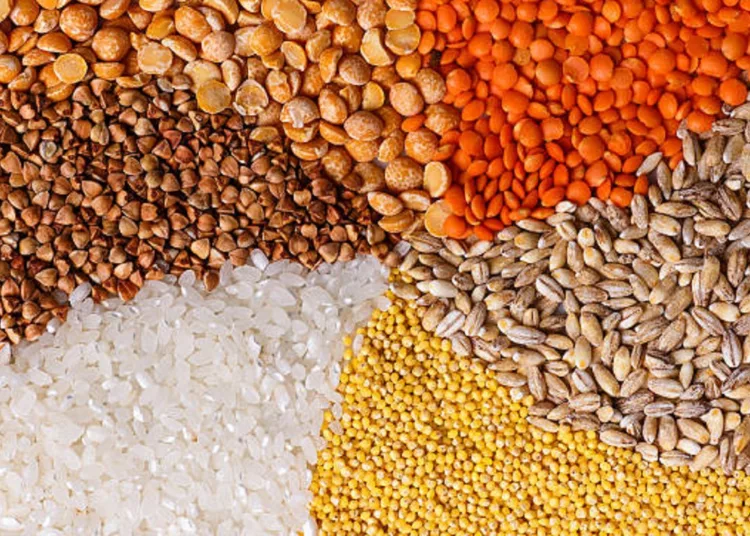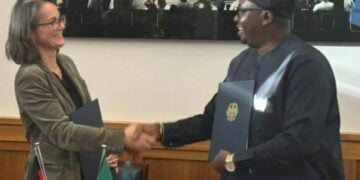No fewer than 1,650 new scientists have joined the services of the Agricultural Research Council of Nigeria (ARCN) to strengthen research capabilities with a specific emphasis on breeders for genetic improvement of Nigeria’s local crops.
The development followed months after the federal government approved their recruitment in pursuit to drive the food security agenda with improved varieties.
ARCN executive-secretary, Prof Garba Sharabutu who briefed journalists on the council 2023 activities in Abuja yesterday, outlined strategic initiatives for the year 2024 while emphasising the need for both national and international collaborations to enhance agricultural research and development to address Nigeria’s food security needs.
According to Prof. Sharabutu the recent completion of a training session for the newly recruited scientists, particularly those in the field of breeding, signified a significant step forward.
He said that the expectation was that these trained professionals will cascade their knowledge and contribute to the growth and proficiency of research institutes and colleges under ARCN’s supervision towards food security.
Sharabutu also said that the council is refocusing on early maturing crops and demand driven research that will address the needs of farmers.
He further disclosed that the council currently boasts over 15 PhD holders, who are strategically placed across various departments to enhance the organisation’s analytical capabilities for robust research.
He said, “Just last week, we were able to successfully release a total of 23 varieties that were researched in house even with the assistance of our foreign partners.
The National Institute for Agricultural Research in Ibadan also has been able to release some varieties of tomato and okra, those ones are expected to be quick yielding in order to give us a large number of products per hectare”.
The ES said that the council has also embarked on developing storage models, a crucial aspect in preserving agricultural produce while it has collaborated with the National Agricultural Seed Council in response to the presidential declaration of a state of emergency on food security, resulting in joint efforts to conduct a seed planning workshop to accelerate food security.





